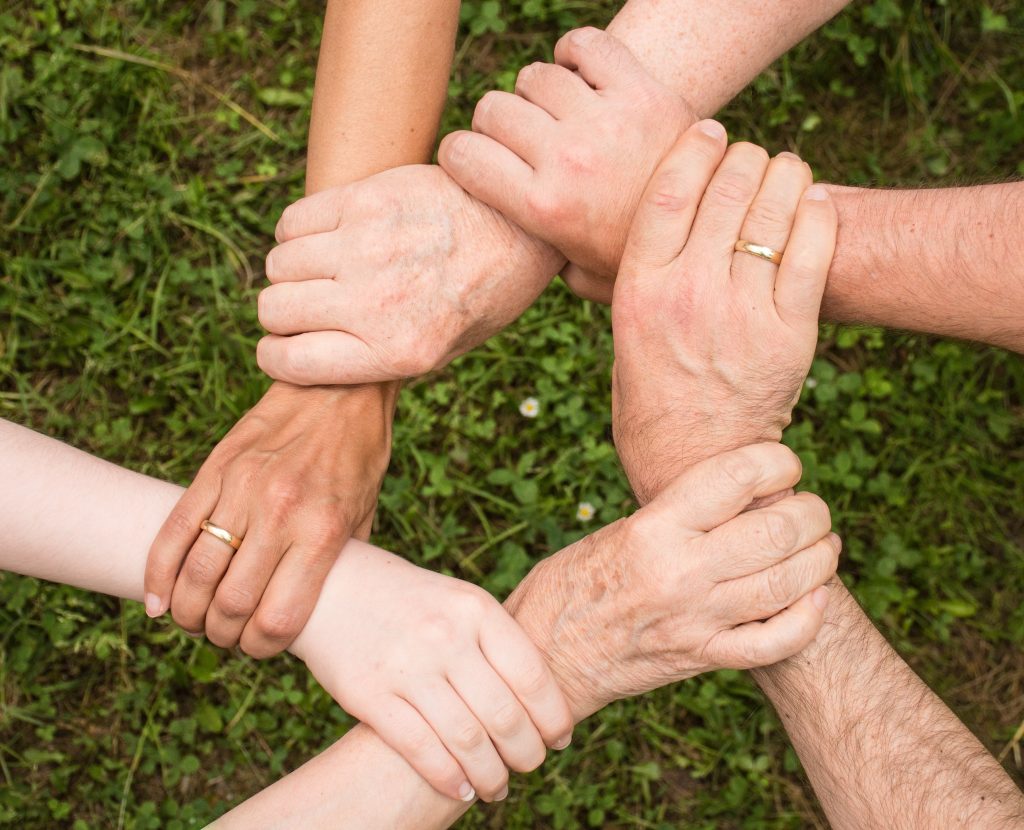
No doubt many of us can relate to having our best friends amongst people we went to the same school or college with. Are people more free spirited when they are younger? And are friendships formed in this phase of life more unconditional and rewarding even much later in life? As people get older there is a natural tendency to gravitate towards people who share their tastes or interests or are a “perfect fit in their social circle”. Many times we see lunch tables in the workplace where people sit and socialize exclusively with specific people very often with the intent of climbing the career ladder, and they feel like a fish out of water in settings with random people. While it is not a bad thing for friendships to be based on shared interests or other commonalities or specific goals, it’s not clear if these friendships would stand the test of time when crisis hits. Not to say that good friendships only happen earlier in life, but it may be worth examining our own motives for forming and sustaining friendships.
A friendship can be truly rewarding when you can share some fun moments together, speak your mind openly to call out each other’s blind spots when needed and to be a source of support to each other in a crisis. If a friendship is built on just being nice to each other superficially under a certain set of conditions, is there any value at all from this in life to anyone? In an effort to be nice on the surface, many times a lot more damage is done, and it causes more distressing situations for the people involved. For sure we have all heard of many people losing control of their lives in the news and social media and ending up in unpleasant situations. People often wonder if this could have been avoided if they had been surrounded by “true friends” who can call them out when they are going off track and be a sounding board to each other to navigate the journey of life a lot better.
Listen to Sadhguru explain what a “true friendship really is” and shed light on what we should be looking for when we make friends in our daily life and how we need to act ourselves as well as toward others.




